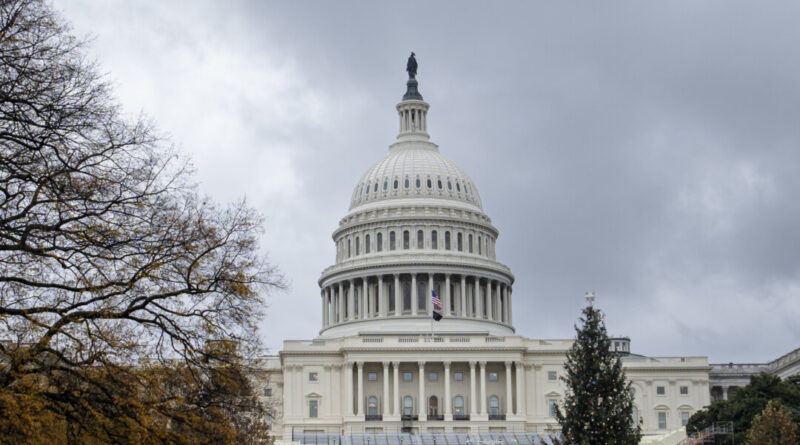House Approves $895.2 Billion Defense Authorization Legislation
A substantial portion of the bill, pending consideration by the Senate, centers on financing various weapons development, production, and acquisition initiatives.
On Dec. 11, the U.S. House of Representatives approved the latest iteration of the 2025 National Defense Authorization Act (NDAA), bringing the legislation closer to enactment.
This compromise NDAA bill, exceeding 1,800 pages, allocates up to $895.2 billion for discretionary defense expenditures during the fiscal year. This annual defense authorization bill outlines the programs and policies that the U.S. military may pursue and the extent to which it can support them until the end of fiscal year 2025.
The NDAA primarily emphasizes funding for various weapons development, production, and acquisition programs. This year’s legislation includes funding for seven new warships and supports the continued development of the new Columbia-class submarine and B-21 Raider stealth bomber.
This latest NDAA draft continues from the previous House version by providing a significant pay increase for troops, which includes a 4.5 percent raise for all service personnel, along with a targeted 14.5 percent increase for junior enlisted members.
The bill also includes various quality-of-life enhancements, such as higher cost-of-living adjustments and basic needs allowances, support for military spouses seeking employment, and funding for childcare initiatives.
In recent years, discussions surrounding the NDAA have been a battleground for lawmakers contesting the cultural trajectory of the U.S. military.
The NDAA from June featured several policy provisions aimed at restricting the military’s engagement with diversity, equity, and inclusion (DEI) initiatives, as well as limiting military healthcare provisions for gender transitioning services. However, many of these provisions were omitted from the current compromise bill. The newest NDAA version implements a hiring freeze for DEI roles within the Department of Defense and prohibits the military’s Tricare medical plan from covering gender transitioning support for dependents under 18.
Some Democrats voiced concerns about the remaining provision relating to Tricare coverage for gender transitioning support for minors.
“Denying healthcare to those in need based on a prejudice against transgender individuals is unjust,” Smith remarked.
At a Dec. 11 press conference, House Minority Leader Hakeem Jeffries (D-N.Y.) disclosed that he refrained from pressuring House Democrats regarding their voting stance on the bill.
“There are numerous positive elements in the National Defense Authorization Act that were negotiated on a bipartisan basis, but some concerning provisions exist in a few areas as well,” he commented. “I haven’t yet taken an official stance.”
For the bill to be enacted, it must be approved by the Senate and subsequently signed into law by the president.





